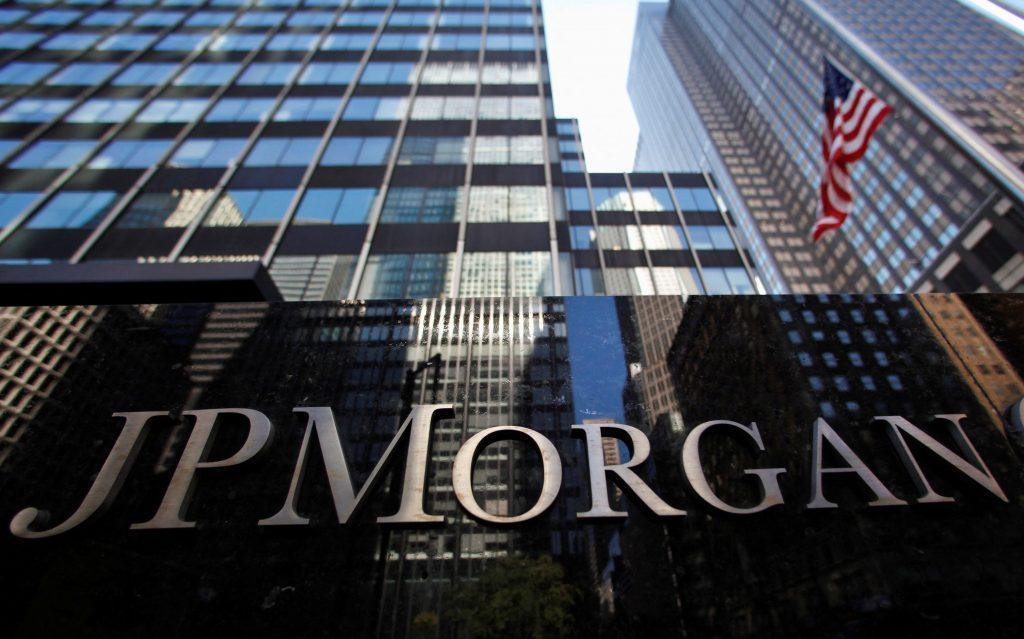The majority of the 20,000 old buildings in Greece that have been listed as preserved or historical monuments are threatened with collapse due to the indifference of the state and the lack of a program to save them.
This is what the president of the Panhellenic Association of Owners of Preservable Buildings and Monuments, lawyer Evi Mamidakis, pointed out speaking to “NEA”newspaper. As she said, the abandonment by their owners to their fate, without any substantial care for them, inevitably leads to their complete collapse, but also to the degradation of entire areas.
What implications does this have? “It means discrediting our cultural heritage which has a direct impact on tourism, while at the same time valuable resources are being lost due to the non-existence of restoration work,” she added.
“The key is the tax regime for listed buildings which needs to be changed so that listed building status is a sought after rather than a desirable one. This is mandated by the Constitution and the Granada Convention, and only with this will the wave of their abandonment and destruction throughout our country be overturned,” says the president Stratos Paradias of real estate owners association POMIDA.
“Indicatively, the method currently applied by the state to calculate the age of a building is literally a “heavy punishment” for those who decide to save and upgrade their listed properties, taxing them from the date of any repair as “newly built” (! ). An old building, whether it is repaired in some part of it, for example on its roof with a building permit, or completely renovated from the ground up, is considered to have been miraculously transformed into a new building aged 26 years or more (!), when in fact it remains a old building, which requires three times more costs for its maintenance compared to a modern building” point out Evi Mamidakis and Stratos Paradias.
From the Panhellenic Association of Owners of listed Buildings and Monuments, they propose to immediately activate the “Save at Home” program of the Ministry of the Interior, a tool that will work according to the standards of “Save at Home” and will concern listed and historical buildings. In addition, among the proposals that have been made to the government (a PD draft has been drawn up by the Association) is the complete exemption from the ENFIA of the buildings in question and zero otherwise reduced VAT on the restoration costs.
The case of Italy
The case of Italy is illustrative. In the neighboring country, as reported by Evi Mamidaki, the 110% discount of the expenses, the well-known “super bonus”, provided for in the corresponding Recovery Fund Plan, is already applied. Abolition or reduced (6%) VAT is still applied for the materials and restoration works of listed buildings, but also a refund of the real estate transfer tax in case of completion of the renovation of a building within eight years of its purchase.
According to Evi Mamidakis, the logic of the Recovery Fund includes the possibility of earmarking funds to speed up the procedures and fight bureaucracy with regard to the licensing of any repair or renovation intervention in these buildings.
“The proposal of the Association is the establishment of a 3-month deadline for the approval of studies, with the establishment of a special body for issuing permits and provision of a special fee in the special property tax of the Ministry of Foreign Affairs, e.g. 1 euro/sq.m. of built-up area in addition to securing from the Recovery Fund the necessary funds for the staffing of such an organization”, emphasized the president of the Panhellenic Association of Owners of listed Buildings and Monuments.
However, as she clarified, none of the aforementioned incentives will succeed in working properly if the necessary permits are not expedited. According to her, the transfer of powers and responsibilities to the architects and engineers according to the standards of the new way of issuing building permits is also a solution, in combination with the issuance of updated ministerial decisions, circulars and instructions on the scope and manner of protecting the protected values of a building.











![Συντάξεις: Πώς διαμορφώνονται με την αύξηση από 1.1.2026 [παραδείγματα]](https://www.ot.gr/wp-content/uploads/2025/05/syntaxi-1.jpg)



























